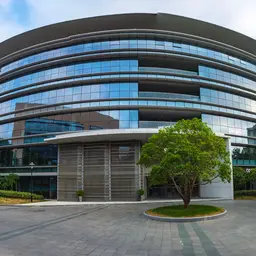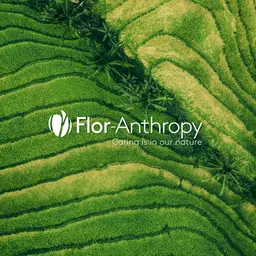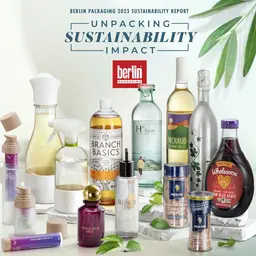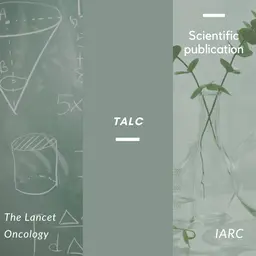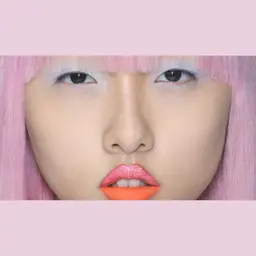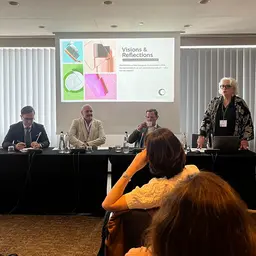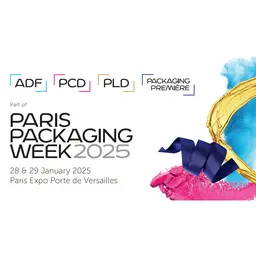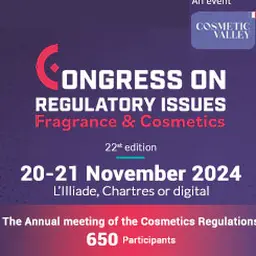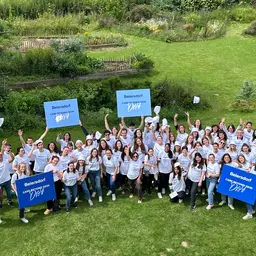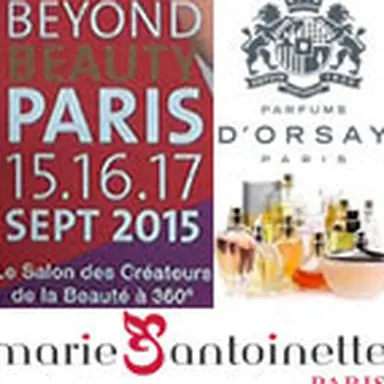
The market of niche perfumes is booming. What are their specificities? What communication strategy should be adopted to promote them, attract customers, and develop loyalty? All these issues were dealt with at a master class facilitated by Sophie Roger, Sales Manager of Parfums d’Orsay, and Antonio de Figueiredo, founder of the Marie-Antoinette store, at the 2015 Beyond Beauty show.
Whether it be classified as ‘niche’, ‘artistic’, ‘heritage’, ‘creative’, or ‘alternative’ perfumery, rare perfumery has been firmly rooted in the history and culture of perfumery for years. If it still targets a limited public today, compared to conventional perfumery, it still represents as much as 18.5% of global perfume sales, for a total turnover of 160 million euros.
As it is booming, it is attracting more and more players and an increasing number of consumers in search of alternative perfumes. Leading brands are deeply interested in it, so much that they have come to create limited editions of exclusive lines themselves, as can be seen with Chanel and its Les Exclusifs collection.
France has been its home for centuries: it counts 100 rare perfume brands, compared to 300 throughout Europe. However, few points of sale actually promote rare perfumes: Marie-Antoinette, Sens Unique, Jovoy… and Liquides in Paris, or Bulle à Parfums in the Jura region, in north-eastern France, contrary to Italy, where independent stores are more important than department stores.
The main characteristics of rare perfumes
How can rare perfumes differentiate themselves from other perfumes, those available through mass distribution and created by leading brands? First, as Sophie Roger declared, ‘they do not follow …

